Description
這本小誌是我們在經歷了這次運動後的紀錄與反思。小誌以COVID-19下的台灣為脈絡,檢視境外生在台的日常生活、國族分界下的遭遇、面臨的各式制度問題、情慾與身體、運動與創傷。值得強調的是,我們並非孤立地看待境外生群體及相關議題,而是以「非公民」為框架看待境外生在台境遇,期待構築「共同生活在台灣的社會成員」的基進視野,為台灣社會運動補足非公民的視野。
小誌第一輯「境外生的日常生活」中,為了讓不熟悉境外生的讀者有進入境外生生活的入口,我們邀請境外生以快問快答的方式,回答他們認為有助於了解境外生群體的問題;我們也收集了這些學生因為自己的身分和文化經驗,常常遇到的或尷尬或好笑或無奈或難過的生活細節。
第二輯「疫情來了!國族分界下的非公民」,首先勾勒疫情裡全球不同地方,基於國族主義與資本主義議程,對不同非公民群體會採取的不同形式的排除。關於《我們的青春,在台灣》放映的討論,則進一步提出非公民政治參與所遭逢的困境與可能性。最後,境外生「真人圖書館」的故事與感言,則以單頁形式穿插在小誌中。
第三輯「同樣是學生,待遇大不同:境外生面臨的制度差異」,從境外生權益小組曾參與的議題與運動入手,透過僑生被資遣、陸生處境、境外生學費脫鉤政策、疫情下的流離失所以及健保本外平權運動,具體地說明境外生面臨的制度差異是境外生身兼跨境移動者、台灣社會的生活者,同時又是高等教育的參與者等重疊身分之下多重擠壓的結果。
第四輯「情慾與身體」,首先透過影片《T婆工廠》與《彩虹芭樂》,從非公民與情慾的連線,展開非公民的生活如何可能的討論。接下來,透過另個時空下的「境外生」丁乃非的知識越界與亞際知識實作,探討境外生在經驗、情感、知識與運動上擾動常態界線的可能性。
第五輯「運動創傷」,是在境外生返台推動期間被網路攻擊的兩位境外生的對談,呈現面對「被黑」時,在抗拒只是作為受害者的姿態之外,我們可以怎麼藉著與創傷的相遇,開啟對台灣、香港和大陸社會及個人經驗的剖析。
五輯之外的小小誌「當塵土組織起來時:境外生權益小組組織經驗談」,其實是第五輯的延伸。我們以「自己訪談自己」的形式,一方面,從組織內部的歷史,去解答境外生權益小組自2017年至今不同時期的理念和具體策略是如何被建立起來。另一方面,對小組組織方式、架構、分工、定位、串聯等面向,進行了整理和檢討。希望透過我們對自己的返身與敞開,為不同身分、不同領域的境外生與行動者帶來經驗、情感、思考與實作上的參照。
This zine is our record and reflections from the movement of overseas students returning to Taiwan during COVID-19. We examine the daily life of foreign students in Taiwan, their experiences under the boundaries of nationalities, various institutional problems they face, their desires and bodies, and their post-social movement trauma. It is worth emphasising that we are not looking at foreign students and related issues in isolation, but dealing with the situation of foreign students in Taiwan within the framework of “non-citizenship”—looking to build a radical vision of “members living/co-existing in the society of Taiwan” and make a complementary vision of non-citizen participation in social movements.
In “Part 1: Daily Life of Overseas Students”, in order to allow readers who are not familiar with overseas students to enter into their lives, we invite overseas students to answer common questions which they think will help to understand their backgrounds. We also collect questions that these students often encounter because of their identity and cultural experiences, from embarrassing to funny or sad.
In “Part 2: The Epidemic is Coming! Non-citizens under the National Boundary”, we start with outlining different dilemmas of the world during the pandemic based upon nationalist and capitalist agendas and several forms of exclusion of different non-citizen groups. The second article is a record of the discussion after our screening of Our Youth in Taiwan and further raises the difficulties and possibilities of non-citizens’ political participation. The final part is a record of our “Human Library” events, hosted by foreign students in the form of leaflet.
“Part 3: Different Treatments Faced by Overseas Students” starts with the topics and campaigns that TISM has participated in, from the layoff of overseas students, the situation of mainland students, the tuition fee of overseas students, displacements during COVID-19, and the movement of equal rights for National Health Insurance. Then, we point out the different treatment of overseas students and its intertwining with overseas students’ multiple identities as cross-border migrants, social members living in Taiwan, and participants in the higher education industry.
In “Part 4: Desires and Bodies”, we discuss by way of the films Lesbian Factory and Rainbow Popcorn about how the lives of non-citizens is possible from the connection between desire and non-citizenship. Next, through Professor DING Naifei’s knowledge trajectory and inter-Asian knowledge practices in another time and space, we explore the possibilities for foreign students to disturb normative boundaries by way of experience, affect, knowledge, and movement.
“Part 5: Post-Social Movement Trauma” is a dialogue between two overseas students who experienced cyberbullying during the movement of overseas students returning to Taiwan during the pandemic. It shows that in the face of being “attacked”, we not only resist the position of being victims but also start to analyse and encounter trauma through the social and personal experiences of Taiwan, Hong Kong, and Mainland China.
The additional insert, When the Dust Organizes: Experiences in the Organization of TISM is actually an extension of Part 5 in the form of interviews with ourselves. On one hand, we explain from the internal history of the organisation how the concepts and specific strategies of TISM have been established over different periods from 2017 to the present. After that, we sort out and review the methods of organisation, structure, divisions of labor, positioning, solidarity, and other aspects of the group. We hope that through reflection and openness to ourselves we can bring references of experience, affect, knowledge, and practice to overseas students and activists of different identities and different fields.
– – – – – – – – – –
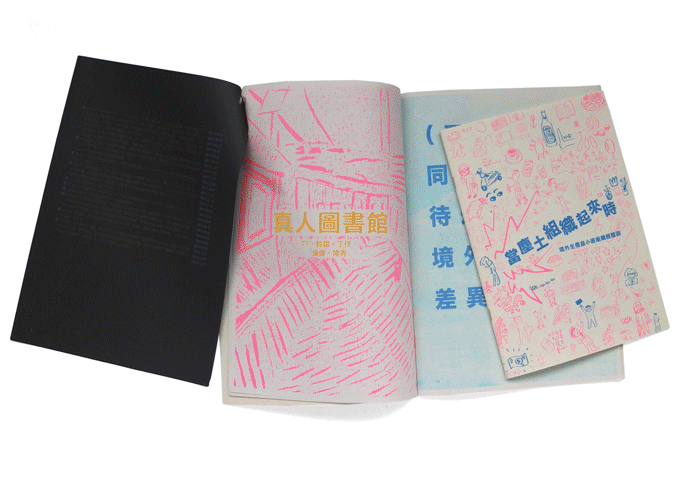

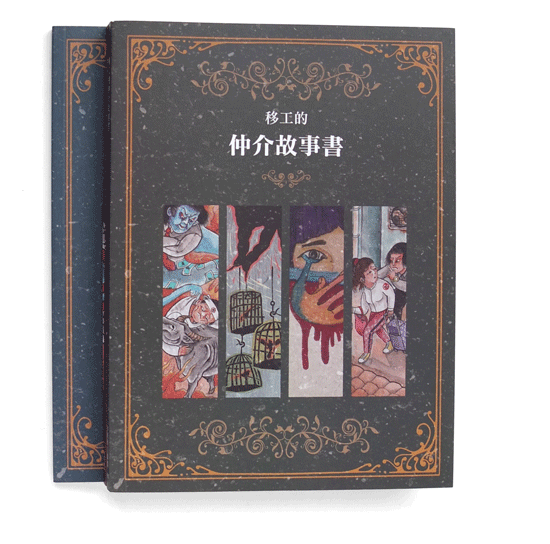

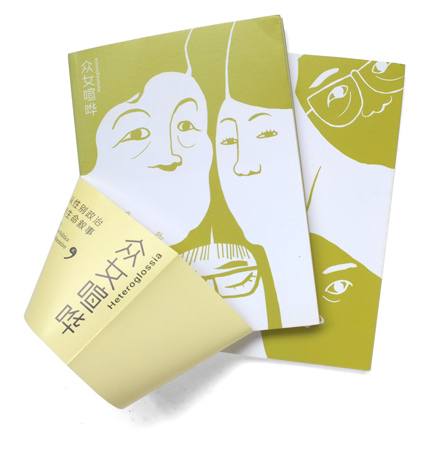
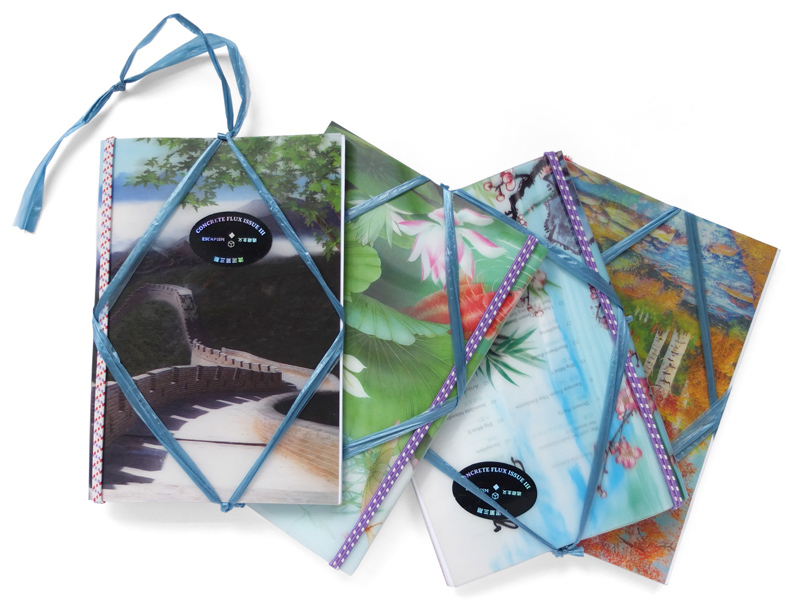
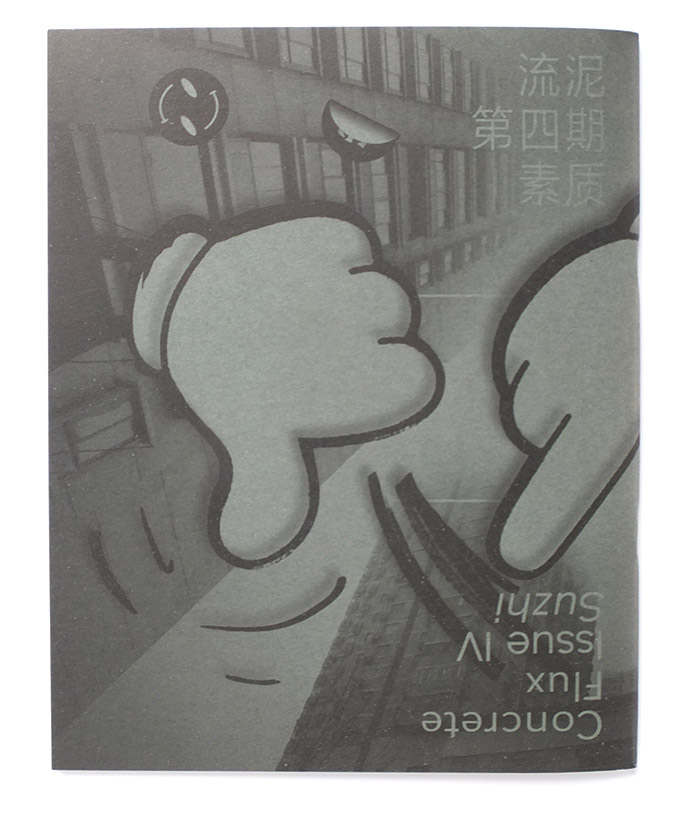
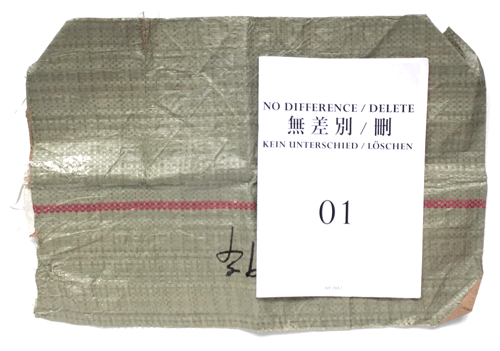
Reviews
There are no reviews yet.